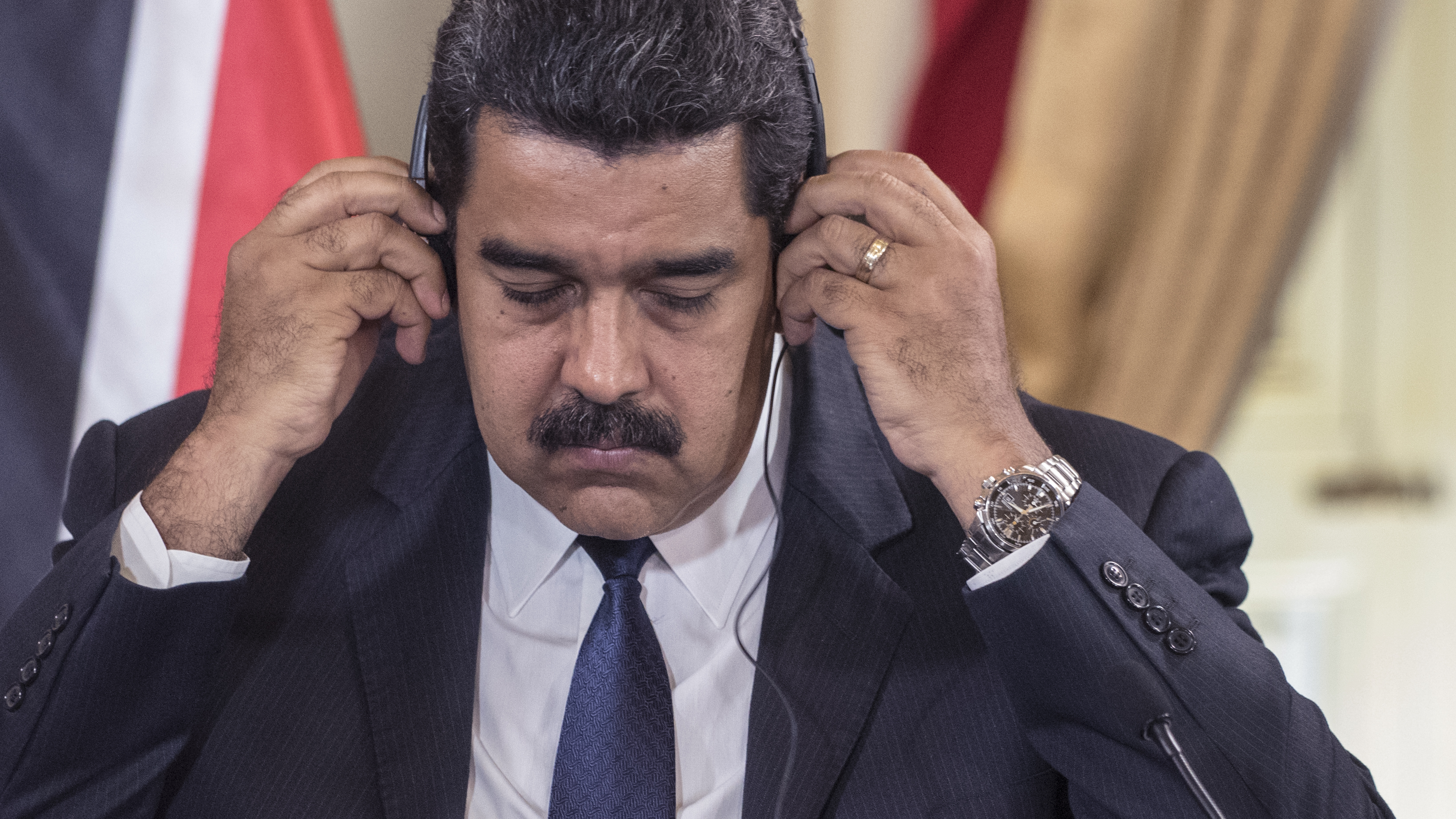On Palestine's Decision to "Hold Off" on Referring the Situation in Palestine to the ICC
Yesterday there was a small ceremony at the International Criminal Court to mark Palestine becoming the 123rd State Party to the Rome Statute. For all the attention this event received, what might ultimately be more interesting is what did not happen yesterday.
Published by The Lawfare Institute
in Cooperation With

Yesterday there was a small ceremony at the International Criminal Court to mark Palestine becoming the 123rd State Party to the Rome Statute. For all the attention this event received, what might ultimately be more interesting is what did not happen yesterday. Despite earlier indications that it would, Palestine did not file an article 14 referral of the situation in Palestine for investigation by the OTP. According to one news report, a spokesman said that Palestine had decided “to hold off for now” on a referral. Why?
Before considering the possible reasons, what is an article 14 referral anyhow? To date, Palestine has conferred jurisdiction on the Court, but it has not formally requested an investigation. At the end of last year, it filed an article 12(3) declaration as a non-State Party conferring retroactive jurisdiction on the Court back to 13 June 2014 (to cover the war in Gaza). A few days later, it acceded to the Rome Statute, conferring prospective jurisdiction on the Court as of yesterday, the date Palestine became a State Party. By these acts, the Court now has jurisdiction over any Rome Statute crimes committed on the territory of Palestine, or by a national of Palestine, from 13 June 2014 onwards.
That takes care of jurisdiction, but how does an investigation actually get started? On the basis of the article 12(3) declaration granting retroactive jurisdiction, the Prosecutor opened a preliminary examination, which is a limited inquiry based largely on publicly-available materials, but she has not opened a formal investigation, which would bring into play all of her (admittedly quite limited) investigative powers under the Rome Statute. Pursuant to articles 14 and 15 of the Rome Statute, the Prosecutor can move to the formal investigation phase only if there is a State Party referral, or if she acts proprio motu (on her own authority), which requires authorization from the Pre-Trial Chamber. (There is also a third option, Security Council referral, but that will not happen here). Now that Palestine is a State Party, it can refer situations to the Court pursuant to article 14, including the situation in Palestine.
So where is the referral? In the weeks leading up to 1 April, statements from Palestinian officials indicated that they would make a referral as soon as they became a State Party. But now they have decided “to hold off” on this step, and that is potentially a significant decision. Without an article 14 referral, it is hard to imagine the Prosecutor ever opening a formal investigation in Palestine. Although she could, using her proprio motu power, why would she? Israel plainly will not cooperate with her investigation and if Palestine does not even ask for an investigation under article 14, then that would be a important signal to the Prosecutor that perhaps it is also not so eager to have an investigation. Since the ICC requires cooperation from states to conduct its investigations, the Prosecutor will want a clear indication from Palestine that it is fully committed to an investigation before she commits precious resources to one.
I can imagine a number of reasons why Palestine might be delaying, but only the Palestinian leaders know the real explanation. One report suggests that the Palestinians are waiting to see if the Prosecutor starts an investigation on her own, and will only refer if she does not. But that is a backwards approach, for the reasons I have explained, and the Palestinians must know that. If they really want an investigation, then it is upon them to signal that. Otherwise the Prosecutor will not act.
It might be that the real reason is that officials from Hamas have pressured the government to hold off, afraid that it would become the target of an ICC investigation for rockets launched indiscriminately into Israel during the war in Gaza. Or maybe Palestine is waiting to see if the government of Israel encourages or promotes additional settlement activity now that the ICC has jurisdiction over Palestine. New settlements could amount to a war crime under article 8(2)(b)(viii) of the Statute (prohibiting “[t]he transfer, directly or indirectly, by the Occupying Power of parts of its own civilian population into the territory it occupies.”) and Palestine might want to wait to insure that there is a basis to investigate the settlements before it refers the case. Or it might be that Palestine is hoping to use the article 14 referral as a bargaining chip in ongoing negotiations with Israel or other international actors.
Perhaps as questions come in, Palestine will go ahead and file a referral in the coming days. And to be clear, even if Palestine does file an article 14 referral, the Prosecutor will likely take her time before deciding to open an investigation (as I wrote on this blog on an earlier occasion). But a referral from Palestine is certainly a prerequisite to an investigation, and if it does not file a referral, it would be important and perhaps telling to learn why it hasn’t. Will we get a real explanation?
Note: This version corrects a mistake in the prior version concerning the time period of the ICC’s jurisdiction in Palestine.


